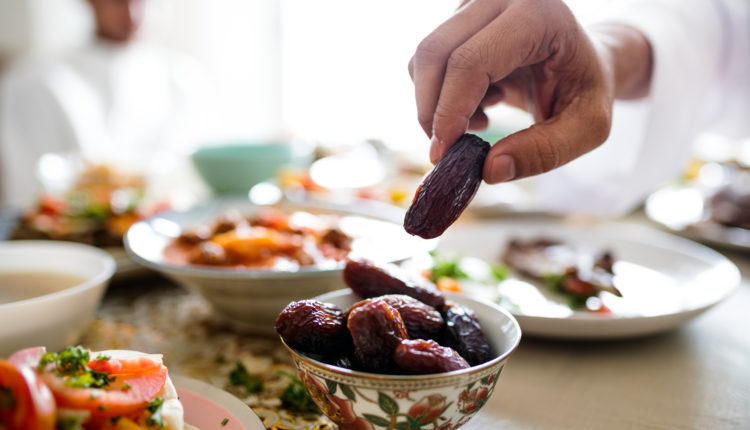
The Sunnah of not Finding Flaws in Food
عَنْ أَبِى هُرَيْرَةَ قَالَ: مَا عَابَ النَّبِيُّ صَلَّى اللَّهُ عَلَيْهِ وَسَلَّمَ طَعَامًا قَطُّ إِنِ اشْتَهَاهُ أَكَلَهُ ، وَإِلَّا تَرَكَهُ
Abu Hurayra (may God be pleased with him) says: “The Messenger of God ﷺ never found flaws in food. He would eat if he felt like and he would not eat if he didn’t feel like”1
عَنْ أَبِى هُرَيْرَةَ قَالَ: مَا رَأَيْتُ رَسُولَ اللَّهِ صَلَّى اللَّهُ عَلَيْهِ وَسَلَّمَ عَابَ طَعَامًا قَطُّ ، كَانَ إِذَا اشْتَهَاهُ أَكَلَهُ وَإِنْ لَمْ يَشْتَهِهِ سَكَتَ
Abu Hurayra (may God be pleased with him) says again: “I had never seen that the Messenger of God ﷺ found flaws in food/blamed any food. He would eat if he felt like it and he would remain silent if he didn’t.”2
Our Prophet ﷺ is the best example to Muslims on eating practice as well as all other issues. He had never looked for flaws in food or never blamed the food which had been served to him as long as it was halal; he would eat if he felt like and he would remain silent and would not eat if he didn’t feel like it.3
